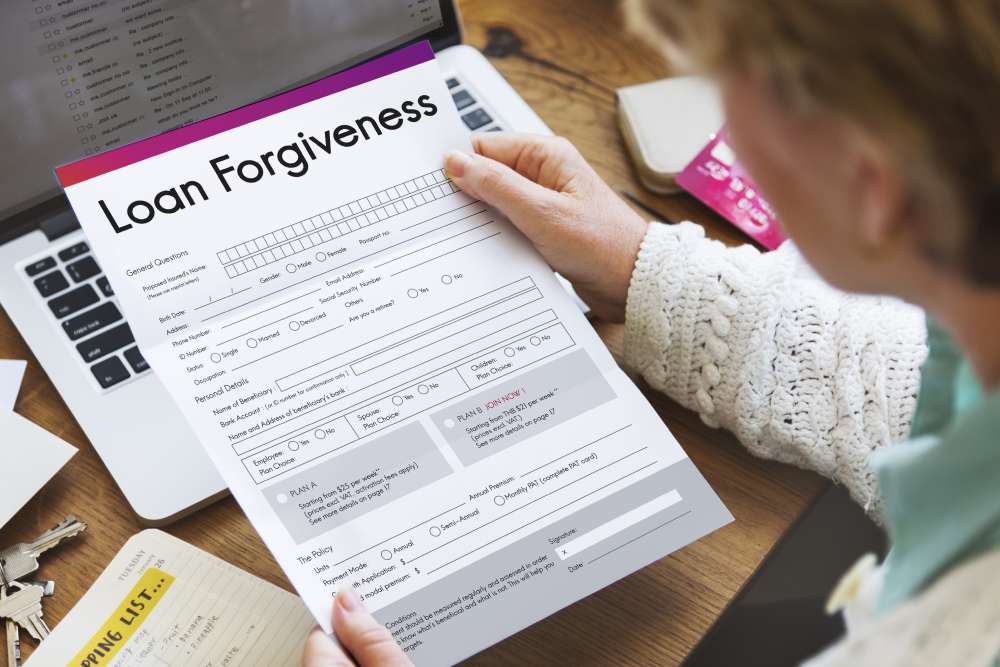Understanding Government Grants: Who Qualifies and How to Apply
This article provides an overview of government grants, explaining who is eligible, the application process, and reporting requirements. It highlights that grants are awarded to organizations, including government agencies, educational institutions, non-profits, and businesses, and emphasizes the importance of following proper procedures for successful funding. Learn how to navigate the application process and ensure compliance with transparency regulations for federal grants.
Sponsored

The government provides financial assistance through grants to support various projects, primarily aimed at enhancing public services. These grants can also fund innovative research initiatives or aid recovery efforts following crises. This article explains the nature of government grants, eligibility criteria, and steps to secure funding.
What Are Government Grants?
The government issues grants as financial aid for projects of diverse types and sizes, such as critical recovery programs or research endeavors. These grants are typically aimed at benefiting communities or specific societal groups.
The funding may be used for research, innovation, or community projects with an idea-driven approach. The overarching goal of these grants is to promote economic development and improve public services.
It's important to note that grants, often called "free money," are not intended for individual or family use or personal expenses. Such assistance falls under personal financial aid programs run by the government.
Who Can Qualify for Government Funding?
Government grants are exclusively awarded to organizations, not individuals. Eligible applicants include:
The federal, state, and local government agencies, including counties, cities, tribes, and districts
Law enforcement bodies like police departments
Educational institutions such as universities and research centers
For-profit businesses, particularly small enterprises complying with SBA standards
Non-profit organizations, including those with 501(c)(3) status
Public housing authorities and related agencies
Foreign entities with valid TIN or EIN
Individuals generally cannot directly apply for federal grants via Grants.gov; instead, organizations submit applications on their behalf, with individual profiles managed within the specific program sections.
Steps to Apply for Federal Grants
The process begins with identifying active funding opportunities on Grants.gov. Eligible organizations must register, complete the application forms meticulously, and submit before deadlines. The lifecycle includes pre-award planning, awarding, and post-award management.
Funding opportunities are announced and promoted on Grants.gov.
Applicants search for matching grants and register on Grants.gov, fulfilling all registration prerequisites.
They download and carefully fill out the application forms, detailing organizational info, project plans, and financial data.
Applications are submitted through Grants.gov, and funding agencies review submissions over several stages.
Applicants are notified of decisions via email, and successful recipients must ensure proper project implementation.
Thorough review of applications before submission is crucial, as initial screening prioritizes compliance with instructions. Multiple stakeholders review each application, which can extend the decision timeframe.
Reporting and Transparency
According to the Federal Funding Accountability and Transparency Act, recipients of federal grants must disclose detailed information about the funds online. Grant details such as amounts, locations, and organization names are publicly available on official government websites. Always verify grant information from trusted sources like the official US Government portal to avoid scams.






